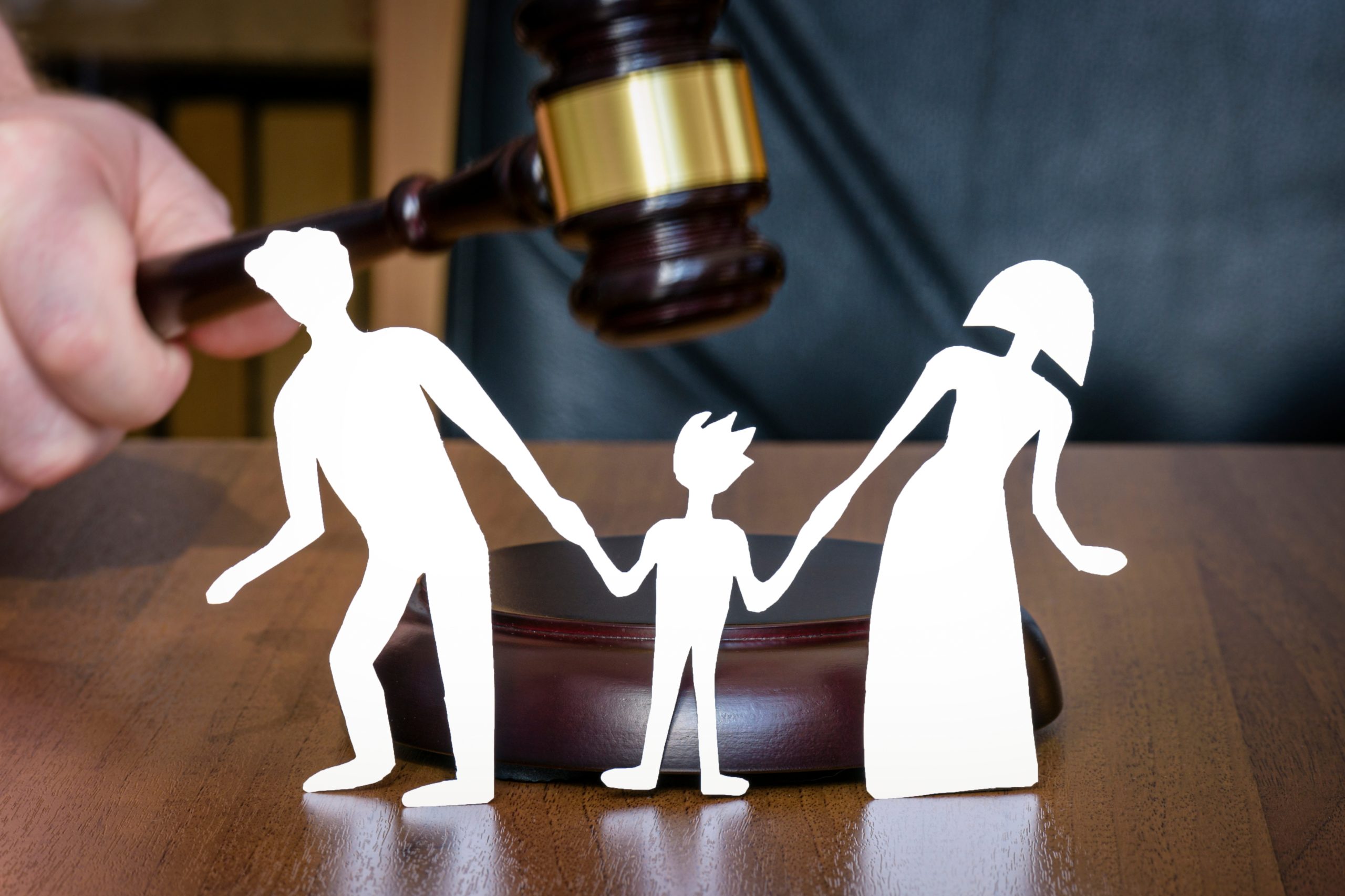Divorce brings about many feelings. It could be confusing, hurtful, and may cause lots of anxiety for children.
It could become difficult to process with all the changes suddenly thrown their way. Supporting children through a divorce should be a top priority for both parents, and it is imperative that both parents clearly understand its challenges for the child.
Expressing emotions as an adult may be different as adults have coping strategies that they could fall back on. Children have not necessarily developed these skills and would find everything very overwhelming.
It is never a pleasant experience for parents and even less so for children so, here’s how to help your child after a divorce:
1. Children Should Feel Loved
For many children, it could feel like they are the cause of the break-up, that the parents are no longer together because of something they said or did.
With the mother’s rights in Victoria, the child could be living with the mother, which could mean that the dad would have to move out of the house. This physical separation could make the situation more real to children and influence their feelings.
The split is hardly ever caused by the children, but this doesn’t change their mindset, and they may not be able to reframe it differently. Parents should ensure that the child always feels loved by both of them. Regardless of what is going on between the parents themselves, the child should understand that their love never changes.
2. Be Open And Honest
Although relocation after divorce is common, children have the right to know where they will be living and who will take care of them. Another option to the living situation could be that both parents move into their own living spaces while either parent could have custody.
When there could be significant changes like this, it would be best to be open and honest with the child. Let them know what will happen to prepare mentally as best they can. Not knowing could bring on the anxiety that may make for extra challenges. If they struggle to accept the facts, be there to support them.
Children may have many questions about the separation between their parents. Answer the questions as best you can with as much honesty as possible.
3. Minimize Letdowns
Parents going through a divorce may have challenges, some even becoming depressed. While the parent having the challenges works through their feelings, it may feel like a letdown to the child.
While most adults won’t want to accommodate the other parents because of their feelings, keeping the child in mind would be crucial. When a parent has a hard time and doesn’t keep their visitation schedules or follow through with their promises, the other parent could step in.
It may be easier for older children to understand that the other parents have a hard time. It could still be devastating at any age and leave them feeling that no one cares. Prepare a backup plan for these situations by planning fun activities for you to share. A good idea could be to have an unofficial grandparents’ day to support the whole family.
4. Communication Is Key
Adults often forget that children may a4lso have two cents about the situation. They may need to express their thoughts and concerns regarding the divorce and give the outlet to them.
Encourage children to be as open and honest about the situation as they feel comfortable sharing. Intently listening to them could make them think that their opinion matters too. Reassure them that their feelings are normal and allow them to express themselves.
Reassurance goes a long way when it comes to these situations. Children need to be heard and helped with expressing their thoughts and feelings.
5. Involve Professionals
When a break-up seems extremely hard on the child or the parents notice that the child may need professional help, there is no shame in arranging that for them.
Parents may struggle themselves, and assisting a child as fully as they may need could complicate the situation. It is OK to admit that we need help now and then. Professionals are trained to handle these situations with care and could be a valuable part of the healing process for parent and child.
Don’t hesitate to seek the help needed to navigate through separation successfully, but prepare children for the therapy sessions. Learning new coping skills could ease the process for everyone, but anything new may feel overwhelming.
6. Amicable Interactions

As difficult as it may be, amicable interactions could positively affect the children. They need to see that parents can be adults about the situation and be civil, even if it is just for the children’s sake.
Don’t bad mouth the other party when children are around, as this may skew their thoughts and feelings about that person. The other person may no longer be a spouse, but they will remain a parent to the child.
Harsh words could divide the child’s loyalty as he wants to love the other parent but feels that they are not allowed or could upset the primary caregiver. The child may always view their parents as loving and caring, and preventing them from having this outlook could damage relationships.
7. Happy Send-offs
Children need to spend time with both of their parents. The shared interactions may be a complicated process for the parents, but oh so important for the child.
Picking up the parents’ emotions, children could feel guilty about going to the other party for a visit. Ensure that the send-off is happy by making the child understand that spending time with the other parent is excellent.
Giving them your blessing in a way could diminish the guilty feelings they have for leaving. The happy send-off could reinforce that you care and support them through it all.
8. Untying The Knots
The trials and tribulations of divorce have a more significant impact than most expect. It is about adults separating and children losing their sense of stability. Having a sound support system for children could make all the difference and help them through a divorce.
Remember that parents are divorcing each other, not the children. Keep them feeling safe and secure and possibly make things easier for yourself in the process.

